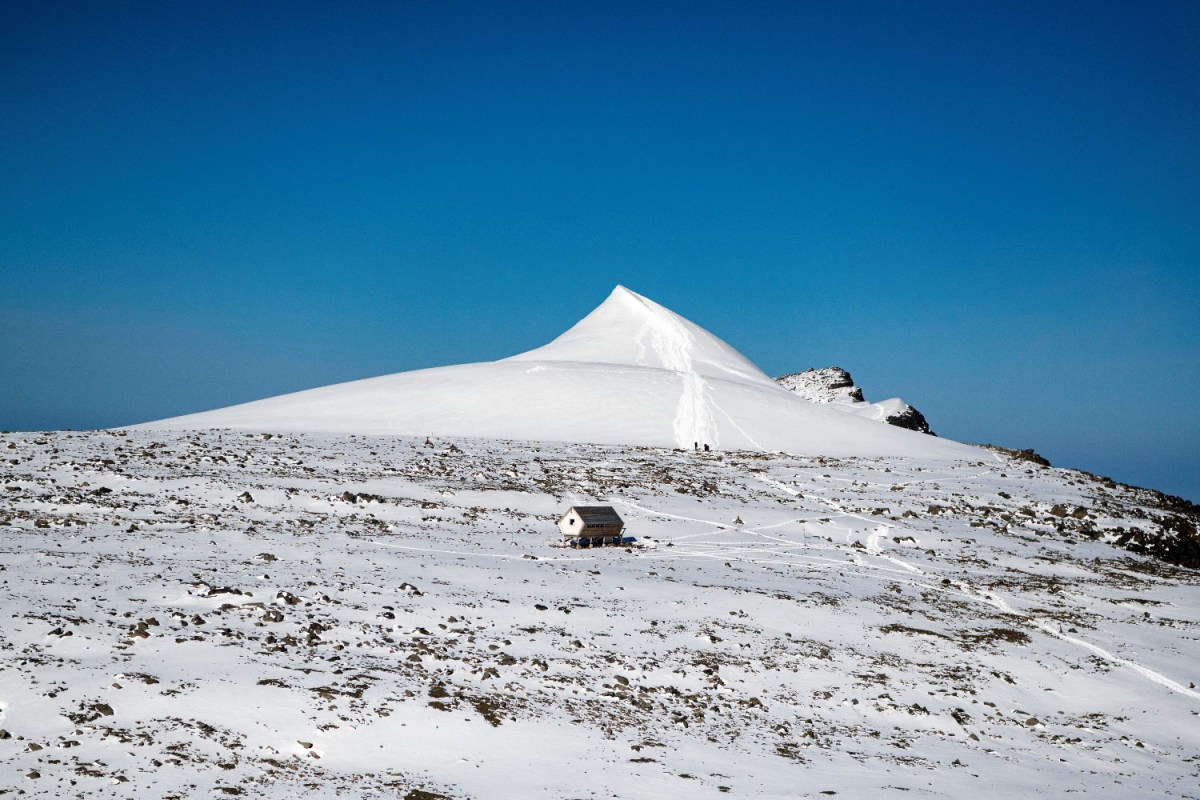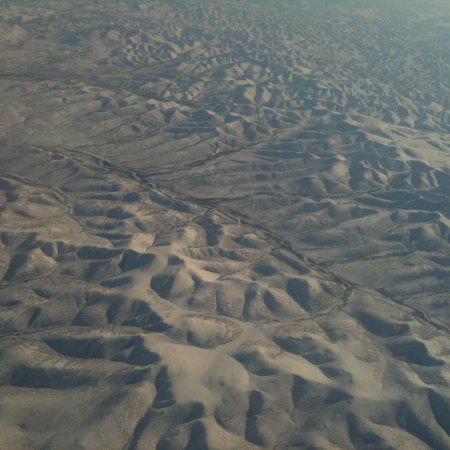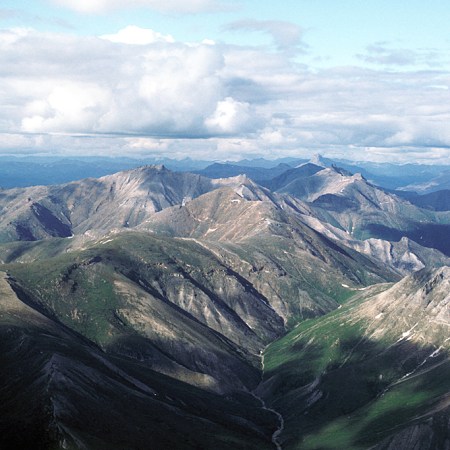Read enough horror or speculative fiction and eventually you’ll probably run across a story or novel about a virus trapped in the permafrost that’s eventually released by global warming — with ominous events following from there. Unfortunately, what’s fictional in that case could eventually become fact — and scientists are studying the effects of what might be trapped in permafrost for a dwindling amount of time.
That’s not the most unsettling part of climate change’s effect on permafrost, however. What’s even more alarming is that viruses aren’t necessarily the only thing that could emerge from permafrost and pose a threat to to humanity. In a new article at The Atlantic, Christian Elliott documented another reason to fear thawing permafrost: mercury is being released as a result.
As Elliott’s article explains, mercury is a byproduct of both natural phenomena such as volcanos and industrial processes such as those found in factories. Eventually, Elliott writes, the mercury makes its way into the permafrost, where it remains in an inert state. Inert mercury is far less hazardous to people and other living creatures; as long as there wasn’t a global-scale shift in climate that was warming the Arctic and melting the permafrost, it’s a textbook example of a natural process reducing pollution.
Unfortunately, there is a shift in climate that’s warming the Arctic and melting the permafrost happening right now. And it’s been affecting Indigenous communities in Canada who live near the thawing permafrost in question, causing their drinking water to become polluted.
Chasing Fresh Powder and True Adventure Above the Arctic Circle
Everything you need to know about backcountry skiing in NorwayThe research described in the article leaves a lot of questions that can only be answered by further research. And while The Atlantic‘s article focuses mainly on the Arctic regions of Canada, this is an issue facing all nations with territory in the Arctic Circle, as a recent scientific study reveals. It’s yet another reason why solutions to climate change remain vitally important.
Thanks for reading InsideHook. Sign up for our daily newsletter and be in the know.
















